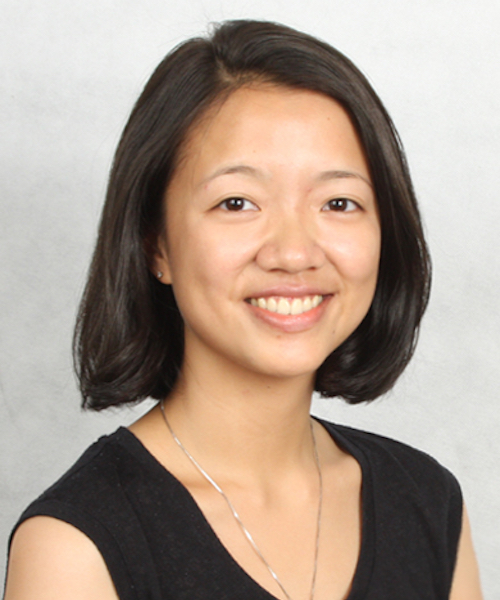
The Behind-the-Scenes Conversations
Andrea Su | August 30, 2019
Responding To: 2018-2019 Student Fellows Reflect on Their Year in the Program
Zhaoqing Li
It is extremely impressive to me that even when the program is over, I still remember clearly the moment I was informed of this opportunity. I received the e-mail notification just before boarding the flight bound for Chicago to start my first internship at Chicago Mayor’s Office. For the 2018-2019 fellows, we were in a sense very lucky to have the chance to obtain information from government decision-making leaders and exchange ideas among extraordinary peers at the unprecedented turning point of U.S.-China relations. We were exposed to policy changes alongside analysis reports from different standpoints almost every morning when we woke up. It is the huge and sustained fluctuations and unknown future that fuels our brainstorming and brings great potential to our development.
I have grown a lot from this program. When I applied for this program at the end of my second year in college, I had no social practices other than academic courses. My superficial understanding on global issues and U.S.-China relationship were completely based on theoretical study and my application essays inevitably mirrored my over idealistic feature. It was the first time for me to look deeply into specific areas since there was no concentration in my school during bachelor’s study. It was also during this program that I started to consider my future career in public sector. Between the two sessions, I worked in different fields, from public health, humanitarian issues, international trade to environmental protection and eventually found my passion in international economics and environmental policy area. When I was discussing the trade war in Washington D.C., I realized all my ideas were within the framework of international politics and it was very one-sided. It was impossible to have an overall idea of this interdisciplinary issue without learning other subjects. After the first session, I chose to take more economic and business classes to replenish my knowledge base and was able to have a more comprehensive view of this topic the second time when we gathered together in Beijing.
This program provides a platform for not only exploring ourselves but also making friends. The chances to know excellent fellows from such diverse backgrounds are rare. My perspective on certain issues have been refreshed and altered due to the collision of disparate ideas through all the dialogues we had. The opposite directions between young generations in United States and China (U.S. young people are more idealistic while Chinese young people are more realistic) implied that two countries were in different level of development. China was still in a state that individual’s main concern is how to live a high-quality life and making money is the priority. However, it seemed that the United States had already passed this stage and moved to human mutual problems beyond own survivals. It could also explain the different ways how we consider and deal with foreign affairs. China emphasizes oversea investment while the United States prefers to spread its core values. Another issue that impressed me a lot was how our world would be shaped by artificial intelligence. It was really meaningful to discuss about this topic especially when we were faced with the approaching Fourth Industrial Revolution. Lakshmi’s idea that the utilization of artificial intelligence could make countless contributions to global health inspired me the wide application of 3D printing technology to prostheses dissemination. Online diagnosis and prescription could also convenience people’s lives by saving time and alleviated crowds in hospitals.
Life was filled with unexpected connections, which was my strongest feeling when I knew I met my roommate Andrea’s second sister Alice in my first-year class. She worked as a journalist reporting stories about refugees in the Middle East before going to the Yenching Academy of my school and shared her experience in that class. Her speech somehow inspired my interest in social issues especially inequalities. I then worked on a research concerning refugee rescue work and decided to participate in a volunteer program to experience the reality in a refugee community in southern border of Italy. Andrea also took great efforts on refugee assistance. She mastered Arabic and made regular home visits to refugee families in the Middle East countries. It was so surprising to find we had common ground when we were arranged to live in one room at random since we were from totally different growing environments and didn’t have a lot of conversations in the first session. Such cases were quite common among other fellows.
I really appreciate this wonderful journey and all accompanies. And I truly believe every one of us will shine in a certain area just as Professor Wilder’s expectations.

Andrea Su | August 30, 2019

Junming Cui | August 30, 2019

Yihong Shi | August 30, 2019
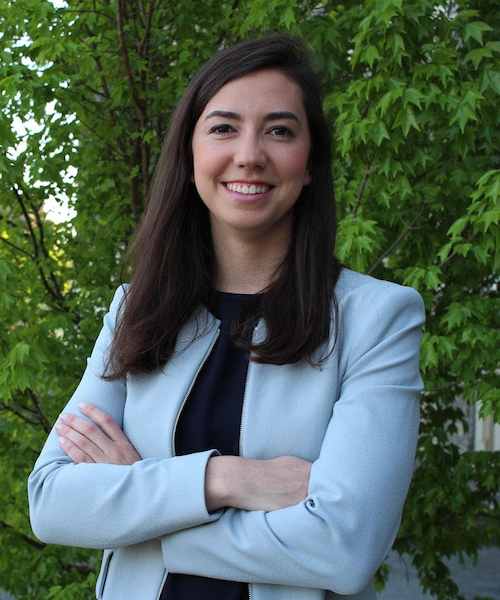
Isabelle Hupez | August 29, 2019

Ivan Solomon | August 29, 2019
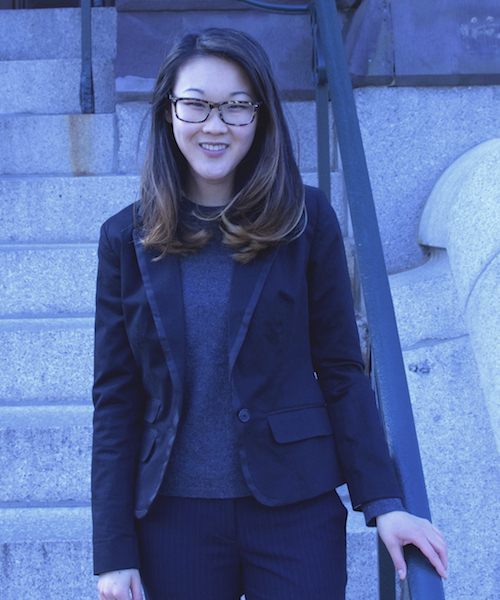
Jozanne Murphy | August 29, 2019
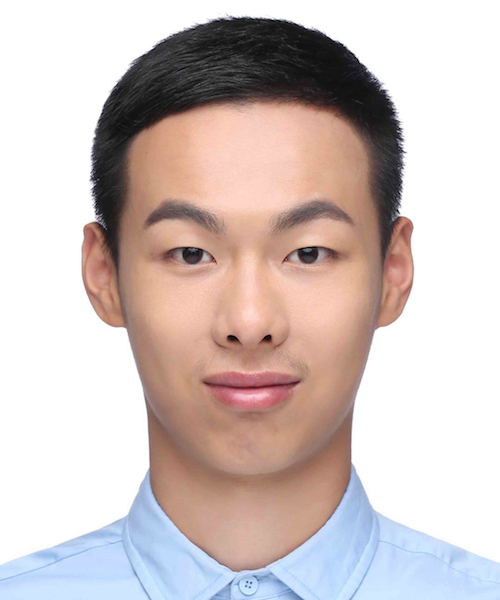
Xiaogu Xu | August 29, 2019
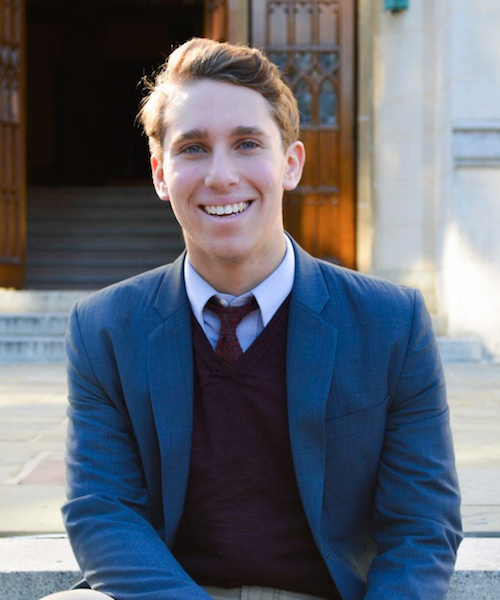
Aaron Baum | August 28, 2019

Chang Fan | August 28, 2019

Danny Li | August 28, 2019

Lakshmi Iyengar | August 28, 2019